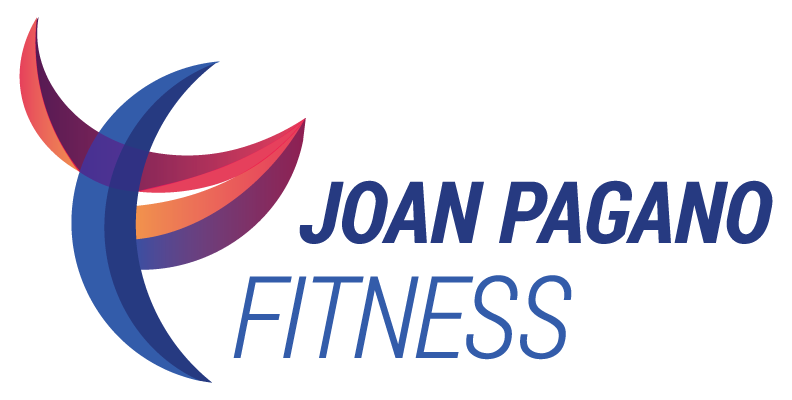Osteopenia Lifestyle Changes Before Medication
Healthy habits are the foundation of strong bones.
Natural Ways to Strengthen Your Bones
Getting a diagnosis of osteopenia - the stage of bone loss that comes before osteoporosis- can feel unsettling. But here’s the encouraging news: osteopenia is a wake-up call, not a life sentence. Catching it early gives you the chance to protect your bones, sometimes without medication.
By making positive lifestyle changes, you can often slow down, or even stop, the progression of bone loss before medication becomes necessary. Your bones are alive, constantly renewing themselves, and the daily choices you make have real power to strengthen them. Let’s explore the most effective lifestyle changes for osteopenia and how you can take charge of your bone health today.
Why Lifestyle Matters in Osteopenia
Bones aren’t just static scaffolding, they’re living tissue that respond to stress, nutrients, and hormones. With osteopenia, bone density is lower than normal, but not low enough to be called osteoporosis. That means you’re in the prevention zone, where your actions can make a meaningful difference.
Lifestyle changes are considered the first line of defense. Even if medication is recommended later, healthy habits will always remain the foundation of strong bones.
Exercise that builds bone strength
When it comes to osteopenia, exercise is medicine. Bones grow stronger when you place healthy stress on them.
Weight-bearing activities: Walking, stair climbing, or dancing help stimulate bone growth.
Strength training: Using free weights, resistance bands, or even bodyweight exercises (like squats or push-ups) strengthens both bones and muscles.
Balance and flexibility: Yoga, tai chi, and stability exercises help prevent falls, reducing fracture risk.
Coaching tip: If you’re just starting, begin gently and build up gradually. Even small amounts of movement signal your bones to get stronger. Consistency is more important than intensity.
Nutrition for stronger bones
Get enough calcium and vitamin D
Calcium is the building block of bone, while vitamin D helps your body absorb it. Aim for calcium-rich foods like yogurt, leafy greens, fortified plant milks, and cheese. Vitamin D can come from sunlight, fortified foods, or supplements if needed.
Include sufficient protein and micronutrients
Protein helps maintain muscle, which supports bone strength. Good sources include fish, poultry, beans, tofu, and nuts. Other bone-friendly nutrients include magnesium, potassium, and vitamin K, found in vegetables, fruits, and whole grains.
Stay hydrated
Water is essential for maintaining the integrity, flexibility, and strength of your entire skeletal system.
Practice balanced eating
Crash diets or skipping meals can rob your body of the nutrients it needs for bone renewal. Instead, plan for steady, balanced meals that keep both bones and energy levels strong.
Coaching tip: Whole foods, everything in moderation. Aim for rainbow colors in fruits and veggies. Go easy on the sweets.
Lifestyle habits that protect bone health
Beyond food and exercise, daily habits play a big role in bone strength:
Quit smoking: Smoking speeds up bone loss.
Limit alcohol: More than one drink a day for women or two for men can weaken bones.
Get safe sunlight: A few minutes outdoors most days boosts vitamin D naturally.
Prioritize rest and stress management: Sleep and stress hormones affect bone renewal, so quality rest and relaxation are part of the equation.
Coaching tip: Bone strength builds slowly, but every healthy choice counts.
Monitor and track your progress
Regular check-ups and bone density scans (DEXA scans) can help track how your lifestyle changes are working. You might also keep a simple journal of your exercise, diet, and habits. Seeing your progress on paper can boost motivation and remind you of how far you’ve come.
When to consider medication
Sometimes, even with the best habits, medication may still be needed, especially if your bone density continues to drop or you’re at high risk for fractures. If that time comes, remember: it’s not a failure. Medications can be a useful tool, but your lifestyle choices will always be the base that supports your bones.
Empower your health
Facing osteopenia doesn’t mean you have to fear the future. Instead, see it as an invitation to invest in your long-term health. With supportive changes in your diet, exercise, and daily routines, you can strengthen your bones naturally—sometimes without medication at all.
Coaching tip: Start today with one simple step, maybe a 10-minute walk, a handful of almonds, or an earlier bedtime. Each choice is a gift to your bones and your future self.
Related Articles You May Find Helpful
Weight-Bearing Exercises for Osteopenia: Step-Ups to Strengthen Bones
Hydration and Bone Health: Why Water Matters More Than You Think
Osteosarcopenia: The Overlooked Connection Between Muscle and Bone Loss
Disclaimer: The information presented in this article should not be construed as medical advice. It is not intended to replace consultation with your physician or healthcare provider.
For expert guidance on strength training techniques, step by step photos depicting how to perform the exercises, and a selection of well-rounded workouts please check out the book Strength Training Exercises for Women by Joan Pagano.

